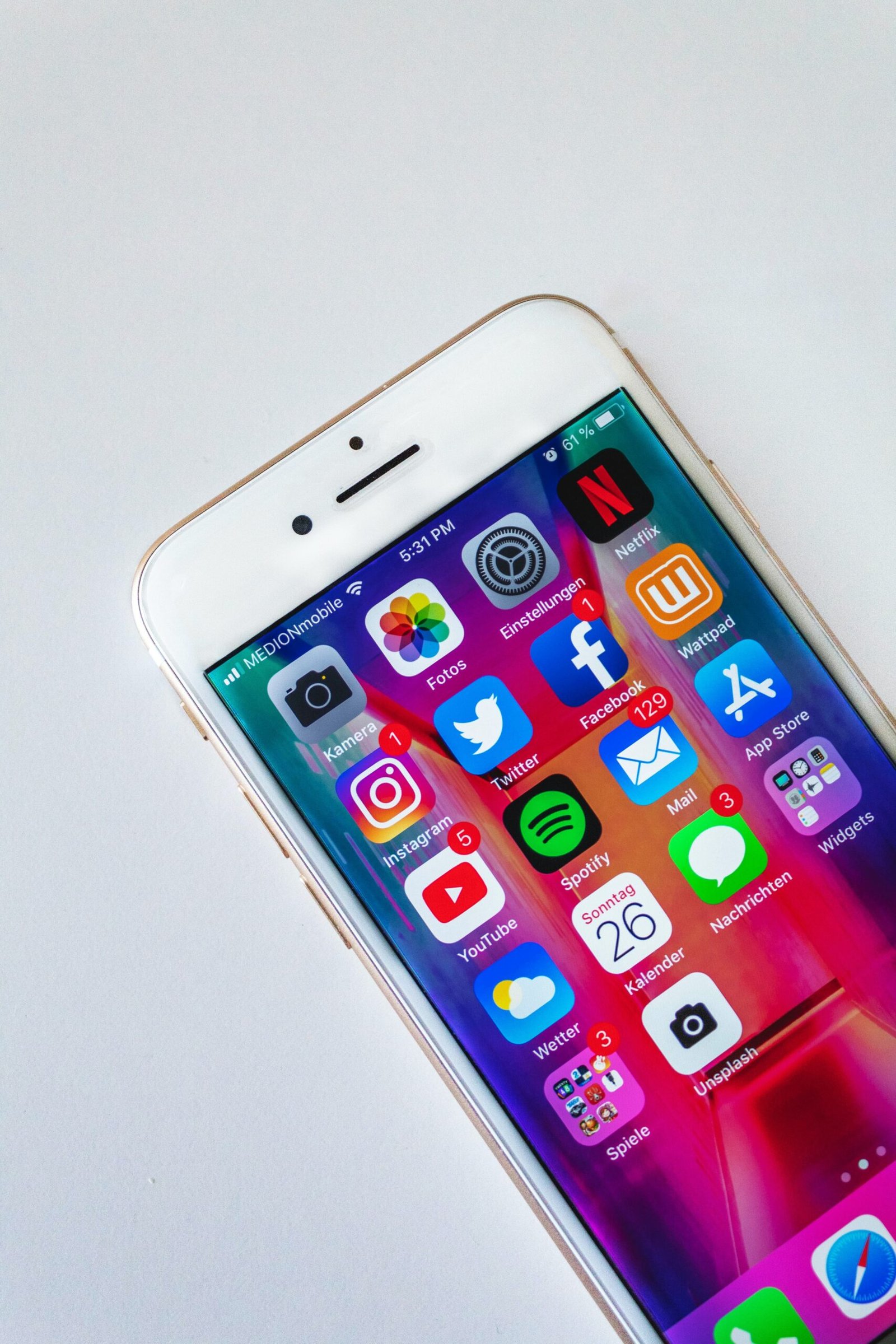In recent years, a growing number of individuals have started prioritizing their mental health and gaining stronger control over their lives. As a result, social media companies are beginning to witness a decrease in user engagement, as people are now viewing these platforms as mere time-passing activities. This shift in mindset is driven by a realization that spending excessive time on social media brings little to no tangible benefits.
One of the key factors contributing to the decline of social media is the rise of misinformation. As users become more aware of the prevalence of false information and the potential negative impact it can have on their well-being, they are becoming increasingly turned off by the content they encounter on social media platforms. The constant exposure to biased news, rumors, and fabricated stories has eroded the trust users once had in these platforms, further fueling the desire to distance themselves from social media.
Moreover, the very essence of social media seems to be losing its appeal. With the advent of artificial intelligence (AI) and the growing desire for authentic experiences, people are seeking more meaningful interactions in the real world rather than chasing fantasies on social media. The excessive use of filters and the prevalence of fabricated photos have contributed to a sense of disillusionment, making social media less relevant in the eyes of many users.
While Facebook may have pioneered many successful ideas in the realm of social media, subsequent platforms have struggled to bring anything new to the table. As a result, social media has become a monotonous and repetitive experience, lacking innovation and fresh content. Users are finding themselves turning to other activities in the real world to pass the time, rather than relying on social media as their primary source of entertainment or connection.
The current state of social media has reduced its value to a mere pastime for those who are truly bored. It has become apparent that spending excessive time on these platforms does not bring any meaningful or lasting benefits. Instead, social media companies profit from the amount of time users spend on their platforms, further reinforcing the perception that these platforms are designed to waste time rather than add value to users’ lives.
As individuals become more conscious of the negative effects of social media on their mental health and overall well-being, they are actively seeking alternatives. The rise of mental health awareness has prompted people to prioritize self-care and take steps towards reducing their screen time. This shift in behavior is likely to have a lasting impact on social media companies, as they struggle to retain users who are now more focused on their personal growth and real-life experiences.
In conclusion, social media companies are facing a decline in user engagement as more individuals prioritize their mental health and seek more authentic experiences. The rise of misinformation, the disillusionment caused by filters and fabricated photos, and the lack of innovation in the industry have all contributed to the diminishing appeal of social media. As users realize that social media offers little value beyond time-wasting, they are turning their attention to activities that bring genuine meaning and fulfillment to their lives. The future of social media looks uncertain, as the focus shifts towards mental well-being and real-life connections.


Leave a Reply